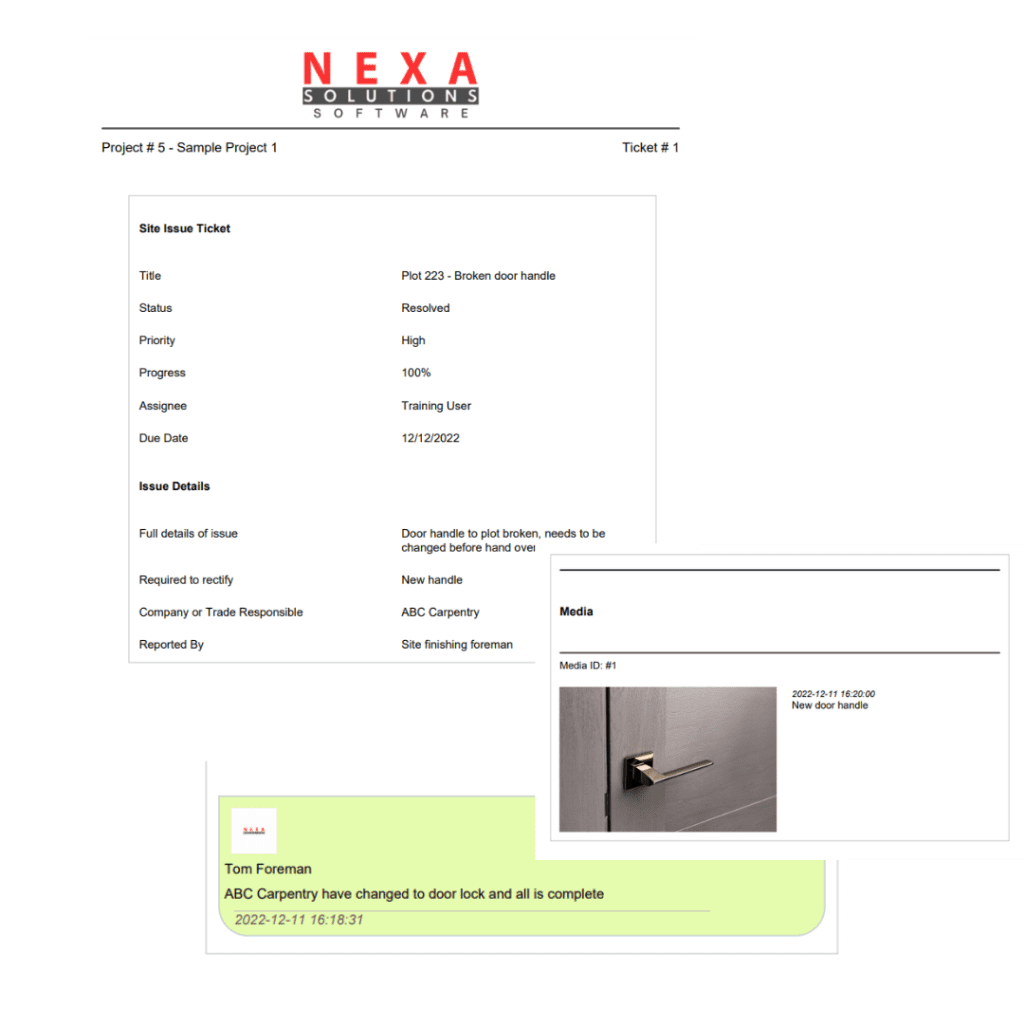Quality Control in Construction and Ensuring Excellence.

Introduction
Quality control in the construction industry is critical to ensuring that projects are completed on time, within budget, and to the required standards. With a myriad of contractors involved in various phases of construction, effective quality control becomes essential to maintain the integrity of the entire project. This blog post will explore the principles of quality control, the role of contractors, and strategies for implementing effective quality control measures.

Understanding Quality Control
Quality control (QC) refers to the processes and procedures that ensure construction work meets specified requirements. It encompasses the monitoring and verification of materials, workmanship, and construction methods throughout the project lifecycle. In the context of contractors, QC involves assessing their performance and adherence to industry standards, regulations, and project specifications.
Key Objectives of Quality Control
1. Defect Prevention: Proactively identifying potential issues to minimise defects.
2. Compliance: Ensuring adherence to local codes, regulations, and safety standards.
3. Customer Satisfaction: Delivering a finished product that meets or exceeds client expectations.
4. Cost Efficiency: Reducing rework and waste through effective QC measures.
The Role of Contractors in Quality Control
Contractors play a pivotal role in implementing quality control measures on construction sites. They are responsible for the execution of work and must ensure that all activities align with the quality standards set forth in the project specifications. This involves a deep understanding of construction processes, materials, and techniques.
Types of Contractors
1. General Contractors: Oversee the entire project and coordinate the work of subcontractors.
2. Subcontractors: Specialise in specific trades, such as electrical or plumbing work.
3. Construction Managers: Act as intermediaries between owners and contractors, focusing on project management aspects.
Each type of contractor must understand their unique responsibilities in quality control to ensure project success.
The Quality Control Process
Implementing an effective quality control process involves several key steps:
1. Quality Planning
Quality planning involves establishing quality objectives and defining the necessary processes to achieve them. This step includes:
• Setting Quality Standards: Define the specifications and standards that must be met.
• Developing Quality Control Plans: Outline the procedures and responsibilities for quality control.
2. Quality Assurance
Quality assurance (QA) focuses on preventing defects through systematic processes. This includes:
• Training and Certification: Ensuring that all personnel are adequately trained and certified in their respective trades.
• Standard Operating Procedures (SOPs): Developing and adhering to SOPs for all construction activities.
3. Quality Control Inspections
Regular inspections are critical to monitor compliance with quality standards. This involves:
• Pre-Construction Inspections: Assessing site conditions and readiness before starting work.
• In-Progress Inspections: Conducting frequent checks during construction to identify and rectify issues promptly.
• Final Inspections: Verifying that the completed project meets all specifications and is ready for handover.
4. Continuous Improvement
The quality control process should not be static. Implementing a culture of continuous improvement involves:
• Feedback Loops: Gathering feedback from all stakeholders to identify areas for improvement.
• Post-Project Reviews: Analysing project performance to learn from successes and failures.
Challenges in Quality Control for Contractors
Quality control in construction is not without its challenges. Some common issues include:
1. Communication Gaps
Poor communication between contractors, subcontractors, and clients can lead to misunderstandings and mistakes. Establishing clear lines of communication and regular meetings can help mitigate this issue.
2. Inadequate Training
Insufficient training for workers can result in subpar workmanship. Investing in comprehensive training programs is essential to ensure that all personnel are equipped with the necessary skills.
3. Material Quality
Using substandard materials can compromise the integrity of the construction. Contractors must establish relationships with reliable suppliers and perform thorough inspections of all materials upon delivery.
4. Time Constraints
Tight project timelines can pressure contractors to cut corners, potentially leading to quality issues. Effective project management and scheduling can help alleviate this pressure.
Best Practices for Effective Quality Control
To enhance quality control within contractors, several best practices can be adopted:
1. Clear Documentation
Maintain thorough documentation of all quality control processes, inspections, and findings. This not only helps in accountability but also provides a reference for future projects.
2. Regular Training Programs
Implement ongoing training programs to keep contractors and workers updated on the latest industry standards, technologies, and best practices.
3. Utilise Technology
Leverage technology such as One Consilium or Building Information Modelling (BIM), drones, and quality management software to streamline quality control processes and enhance accuracy.
4. Foster a Quality Culture
Encourage a culture that prioritises quality across all levels of the organisation. Recognise and reward teams and individuals who demonstrate a commitment to quality.
5. Engage Third-Party Inspectors
Incorporate third-party quality inspectors to provide an unbiased assessment of the work being done. This can help identify issues that internal teams may overlook.
Conclusion
Quality control in construction is a multifaceted process that requires diligent attention from all contractors involved. By implementing effective quality control measures, collaboration, investing in training, and leveraging technology, contractors can ensure that projects meet the highest standards of excellence. Ultimately, a commitment to quality not only enhances project outcomes but also builds a reputation for reliability and excellence in the construction industry.
In the ever-evolving landscape of construction, prioritising quality control will remain essential for achieving sustainable success and client satisfaction. As the industry continues to advance, the emphasis on quality will only grow, making it imperative for contractors to adapt and embrace best practices in quality management.
Can we help set you up with a QC and QA certs process?
One Consilium software streamlines your Quality Control (QC) and Quality Assurance (QA) processes by automating the creation of sign-off certificates. During inspections, it ensures that each step of the checking process is completed thoroughly and in compliance with required standards. By digitalising workflows, the software reduces human error, increases efficiency, and provides a clear audit trail, helping businesses maintain high-quality standards while simplifying certification and documentation management.
www.nexasolutions.co.uk

